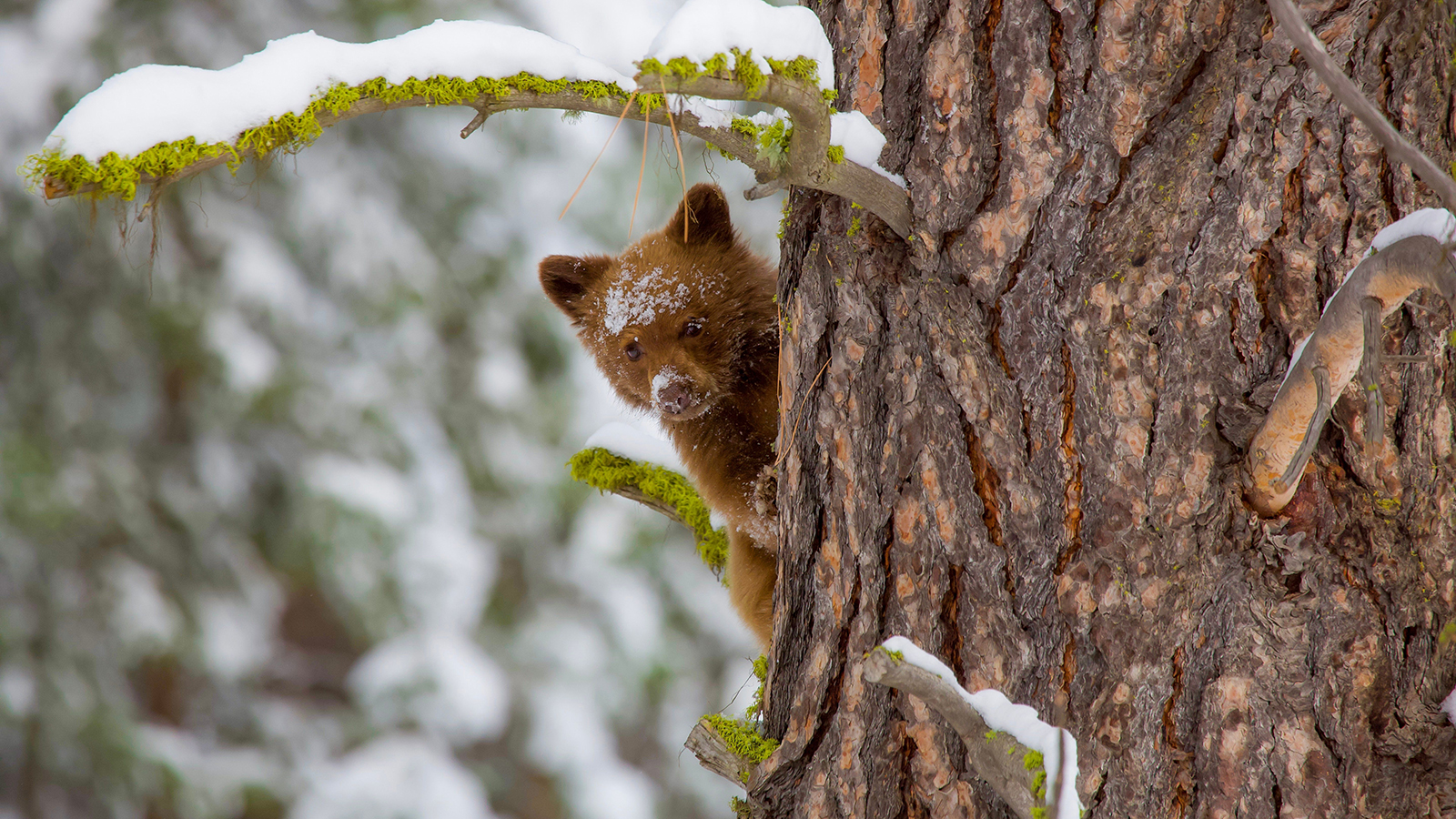
Give for the environment today
We made a lot of progress for the environment in 2023. Here are some highlights.
Donate
With 2023 winding down, we spent some time reflecting back on the progress that was made for the environment this year, and we can’t help but feel an enormous amount of gratitude. We are grateful for the legislative champs who fought hard to make good ideas a reality, for our coalition partners for their collaboration, for the thousands of Oregonians who stood up for the environment and for our generous members who make our work possible.
Here are the top 10 highlights from our work in 2023:
1. After years of building public support, organizing a big coalition and working with legislative champs, we finally got a bipartisan bill across the finish line that bans polystyrene foam foodware, packing peanuts and single-use coolers and PFAS in food packaging. This new law will go into effect on January 1, 2025. We also helped to pass a bill that will make it easier for Oregon restaurants to provide reusable containers to their customers, which will help reduce unnecessary waste.
2. Our citizen outreach team knocked on tens of thousands of doors and talked to Oregonians about our campaign to protect Oregon’s oldest trees. Along with our coalition partners, we delivered over 500,000 public comments to the US Forest service and the Department of the Interior in support of a rule to protect mature and old growth forests on all federal land in Oregon and across the country.
3. We provided tips and resources to thousands of Oregonians who are interested in investing in climate solutions and powering their lives with renewable energy. You can find information on how to invest in rooftop solar, what to know when shopping for heat pumps, weatherizing your home, and more, in our Clean Energy Home Toolkit.
4. The Oregon legislature passed an Environment Oregon-backed package of bills that will help our state transition away from fossil fuels and build a future powered by clean energy. Oregon continues to be a national leader on climate action, in no small part because thousands of Oregonians have been calling for ambitious and decisive action to reduce climate pollution.
5. Oregon was one of seven states to ban fluorescent lightbulbs that contain toxic mercury this year, which helped to build momentum for a global agreement to phase out fluorescents by the end of 2027.
6. Because of two new laws passed this year, Oregonians will be exposed to less toxic chemicals in children’s products and cosmetics. Keeping toxic chemicals out of consumer products protects public health and prevents those chemicals from ending up in the environment.
7. Our state director, Celeste Meiffren-Swango, served as Vice Chair of the Recycling Council to help advise on the implementation of the new Recycling Modernization Act, which will go into effect on July 1, 2025. This new law, passed in 2021, will bring producers of packaging and paper products in to start bearing the costs of the waste management system, ensure responsible end markets for our recyclables and will make recycling work better for Oregonians and our environment.
8. Amazon and Costco made commitments to reduce their plastic use. Costco is one of the largest retailers in the world. Amazon is America’s largest online retailer. Both companies made new commitments in 2023 to make a dent in plastic pollution after we mobilized shareholders and consumers in Oregon and across the country. Amazon announced it will be phasing out its white and blue padded shipping bags (timeline TBD) and Costco will increase transparency of its overall plastic use and will develop a five year plastics action plan.
9. We supported a new law to further regulate Covanta, Oregon’s last remaining trash incinerator. Exposure to the toxic air-emissions from this incinerator are dangerous for the people who live and work in proximity to the facility, and for our air, water and climate. The new law will require Covanta to do continuous monitoring of its most toxic and hazardous emissions and cap the amount of waste it can burn.
10. We released a new national report documenting the pollution caused by gas powered lawn equipment. And the numbers are staggering: In Oregon, gas powered lawn and garden equipment is estimated to generate more particulate air pollution than all the registered cars in the state. See pollution data from your county on our interactive dashboard.
We are so proud of the work we did this year to advance our priorities and give our tens of thousands of members a voice in Salem, in DC, in corporate boardrooms and beyond. Alongside our incredible coalition partners, effective and strategic legislative champs and the thousands of Oregonians making their voices heard on these critical issues, we were able to make meaningful progress on building a cleaner, greener future here in Oregon.
Cheers to even more progress for the environment in 2024!
You can stand up for the environment in 2024. Make your gift today.
Donate
As director of Environment Oregon, Celeste develops and runs campaigns to win real results for Oregon's environment. She has worked on issues ranging from preventing plastic pollution, stopping global warming, defending clean water, and protecting our beautiful places. Celeste's organizing has helped to reduce kids' exposure to lead in drinking water at childcare facilities in Oregon, encourage transportation electrification, ban single-use plastic grocery bags, defend our bedrock environmental laws and more. She is also the author of the children's book, Myrtle the Turtle, empowering kids to prevent plastic pollution. Celeste lives in Portland, Ore., with her husband and two daughters, where they frequently enjoy the bounty of Oregon's natural beauty.
